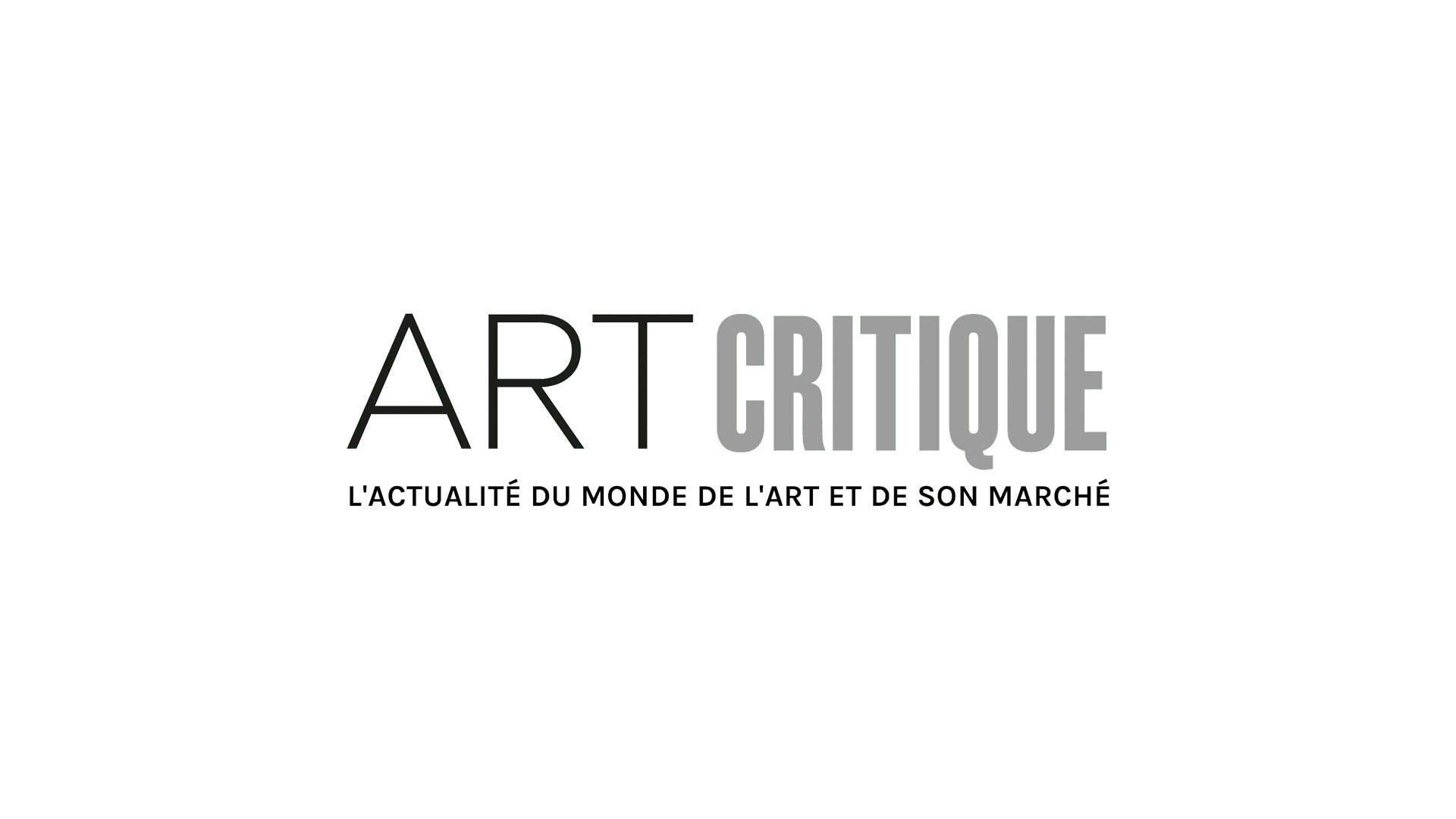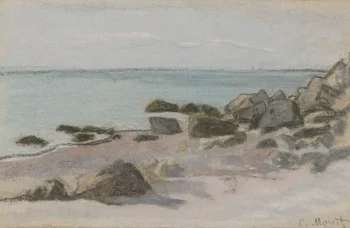In a rather unsurprising turn of events, two members of Just Stop Oil—the climate activist group that has been making headlines alongside its peer organizations through acts of protest targeting art institutions—have been found guilty of the destruction of property. Emily Brocklebank and Louis McKechnie are some of the first noted individuals of these movements to receive charges in the wake of their (some may say misguided) demonstrations.
Emily Brocklebank, 24, has been given a 21-day sentence (suspended for six months) and Louis McKechnie has been jailed for three weeks, all due to the approximately $2,300 of damage done to the frame of van Gogh’s Peach Trees in Blossom at the Courtauld Institute. The pair glued their hands to the frame in June in an effort to raise awareness of the ongoing climate crisis. McKechnie stated at the event, as noted in the group’s YouTube video:
“It is immoral for cultural institutions to stand by and watch whilst our society descends into collapse. Galleries should close. Directors of art institutions should be calling on the government to stop all new oil and gas projects immediately.”
This stated motivation is one of the many reasons that critics of the movement, including active climate activists, point to Just Stop Oil as not being a well-thought endeavour. While the group, alongside others such as Extinction Rebellion and Stop Fracking Around, has been certainly grabbing headlines this past year, it has done little to garner support or make an impact in sectors that matter. The odd correlation they place between arts institutions and environmental degradation seems to have mostly provoked mockery, and their historical signalling to the suffragettes slashing paintings is not equivalent in practice or power.
It is unfortunate to see civil disobedience punished, especially given the importance of convincing politicians to finally take our climate disaster seriously. But Brocklebank and McKechnie did make the active choice to harm the gallery’s property, so while it is not desirable, it is also not surprising. As misplaced as Just Stop Oil’s actions may be now, one might harken back to the early years of hacktivist group Anonymous, which was once little more than trolls and online abusers. There is a high chance for this group to grow into something more and really make a difference for the better—once they find their way.





